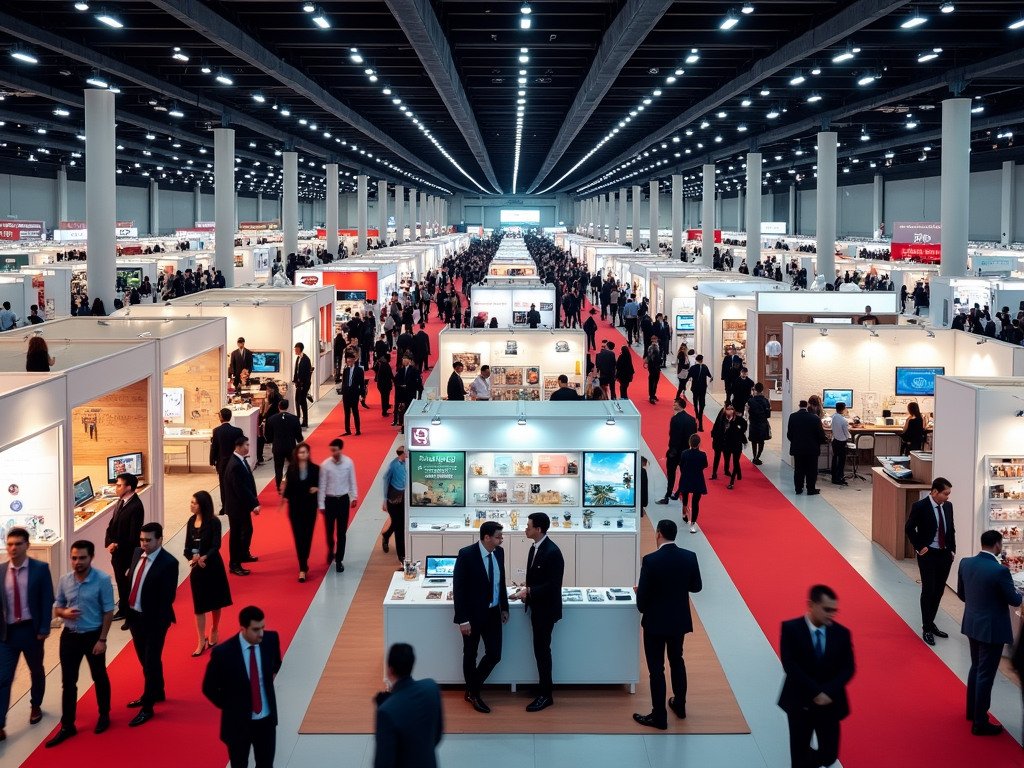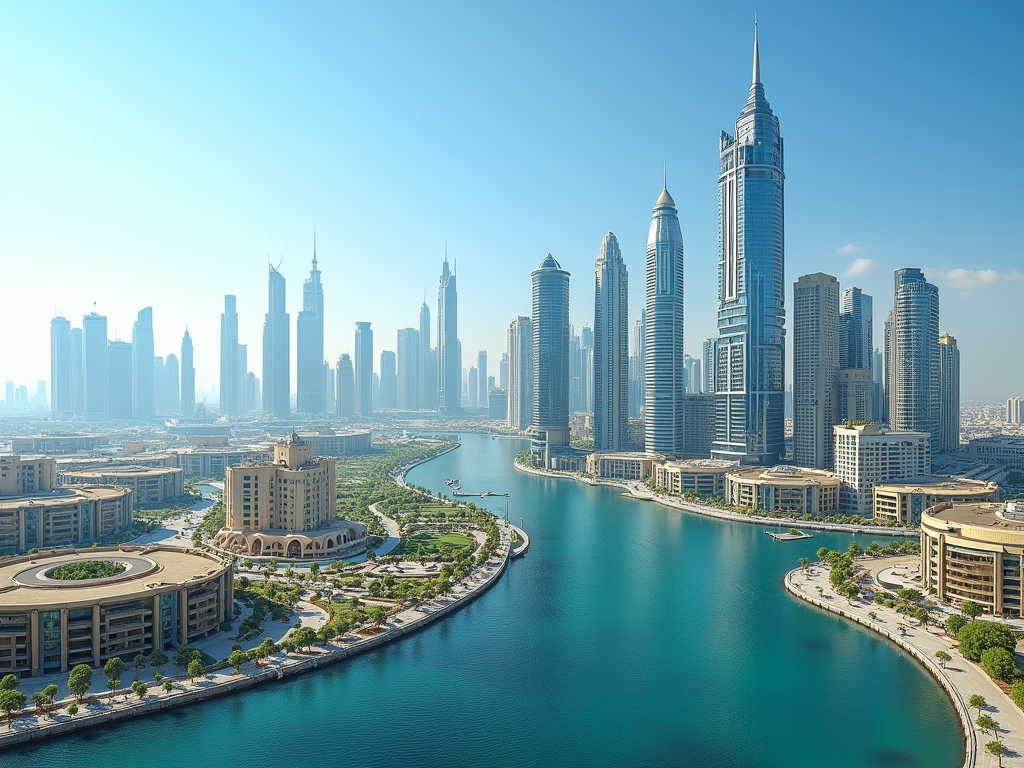
The Impact of Dubai’s Free Zones on International Trade and Business
Dubai’s free zones have become a cornerstone for international trade and business, revolutionizing the way companies operate in the region. These specially designated areas offer a multitude of benefits designed to attract foreign investment and stimulate economic growth. With features such as 100% foreign ownership, zero taxation, and minimal regulatory hurdles, they create a business-friendly environment that encourages international engagement. As a result, Dubai has positioned itself as a global trade hub, significantly impacting both regional and international markets. This article will explore the various ways in which Dubai’s free zones have influenced international trade and business dynamics.
Understanding Dubai’s Free Zones

Dubai’s free zones are special economic areas where businesses can operate with a range of tax and regulatory benefits. Each zone is tailored to specific industries, such as technology, media, and finance, allowing companies to thrive in an environment that suits their operations. These areas feature a streamlined set of rules and regulations, which facilitate easier business setup and management. The primary goals of Dubai’s free zones are to attract foreign direct investment (FDI) and to promote entrepreneurship in the region. The strategic location of Dubai, coupled with the advantages offered by these free zones, makes it an ideal gateway to markets in the Middle East, Asia, and Africa.
Benefits of Establishing a Business in Dubai’s Free Zones

There are several compelling benefits to establishing a business in one of Dubai’s free zones, including:
- 100% Foreign Ownership: Unlike the mainland, where a local partner is typically required, businesses in free zones can be fully owned by foreign investors.
- No Corporate Tax: Companies in free zones are exempt from corporate tax, providing significant cost savings for businesses.
- No Import/Export Duties: Goods can be traded internationally without incurring import or export duties, enhancing profit margins.
- Ease of Setup: The process of starting a business in free zones is considerably more straightforward, often requiring less documentation and time.
- Easy Access to Global Markets: Free zones offer direct access to international shipping and trading routes, catering to global business needs.
These benefits not only empower established companies to maximize profitability but also encourage startups to enter the market with lower barriers to entry.
Impact on International Trade
Dubai’s free zones have significantly boosted international trade, making the city a pivotal logistics and commercial hub. The liberal trade policies and strategic geographical location contribute to a thriving environment for global commerce. Some of the impacts on international trade include:
- Increased Trade Volume: The ability to operate tax-free encourages businesses to import and export goods at a higher volume.
- Diverse Industry Presence: With various free zones specializing in different sectors, Dubai attracts a diverse range of industries, enhancing trading opportunities.
- Attraction of Global Companies: International corporations establish their presence in Dubai, driving up local trade activity.
- Networking Opportunities: The concentration of businesses in free zones creates a robust networking environment, fostering partnerships and collaboration.
While Dubai’s free zones offer many advantages, businesses also encounter challenges that must be navigated effectively to succeed. Some of these challenges include:
- Regulatory Compliance: Although regulations are streamlined, businesses must still comply with specific guidelines to maintain their free zone status.
- Limited Local Market Access: Companies in free zones often find it difficult to engage in local trade, as they are typically restricted from selling directly to the UAE market.
- Intense Competition: With numerous businesses operating in the same sectors, competition can be fierce, requiring continuous innovation and strategic marketing.
- Dependence on International Markets: Businesses in free zones may rely heavily on international customers, making them susceptible to global market fluctuations.
Conclusion
In conclusion, Dubai’s free zones have a profound impact on international trade and business in the region. They attract foreign investment by offering unique advantages and contribute to a dynamic trading environment that connects businesses with global markets. While challenges exist, the overall benefits significantly outweigh the drawbacks, positioning Dubai as a key player in international commerce. Companies looking to establish a foothold in the Middle East will find that Dubai’s free zones provide a strategic and lucrative opportunity to thrive in a competitive landscape.
Frequently Asked Questions
1. What are the main free zones in Dubai?
Some of the major free zones in Dubai include Dubai Multi Commodities Centre (DMCC), Dubai Airport Freezone Authority (DAFZA), and Dubai Internet City (DIC), each catering to specific industries.
2. Can foreign companies operate in Dubai without a local partner?
Yes, companies in Dubai’s free zones can be 100% foreign-owned, eliminating the need for a local partner.
3. Is there a corporate tax for businesses in free zones?
Businesses operating in Dubai’s free zones are generally exempt from corporate tax, which can significantly enhance profitability.
4. Are there limitations to trading within the UAE from free zones?
Yes, companies in free zones typically cannot sell directly to the UAE market; they must operate under specific rules regarding local sales.
5. How do free zones contribute to economic growth?
Free zones promote entrepreneurship, attract global companies, and increase trade volume, all of which contribute to the overall economic growth of the region.


